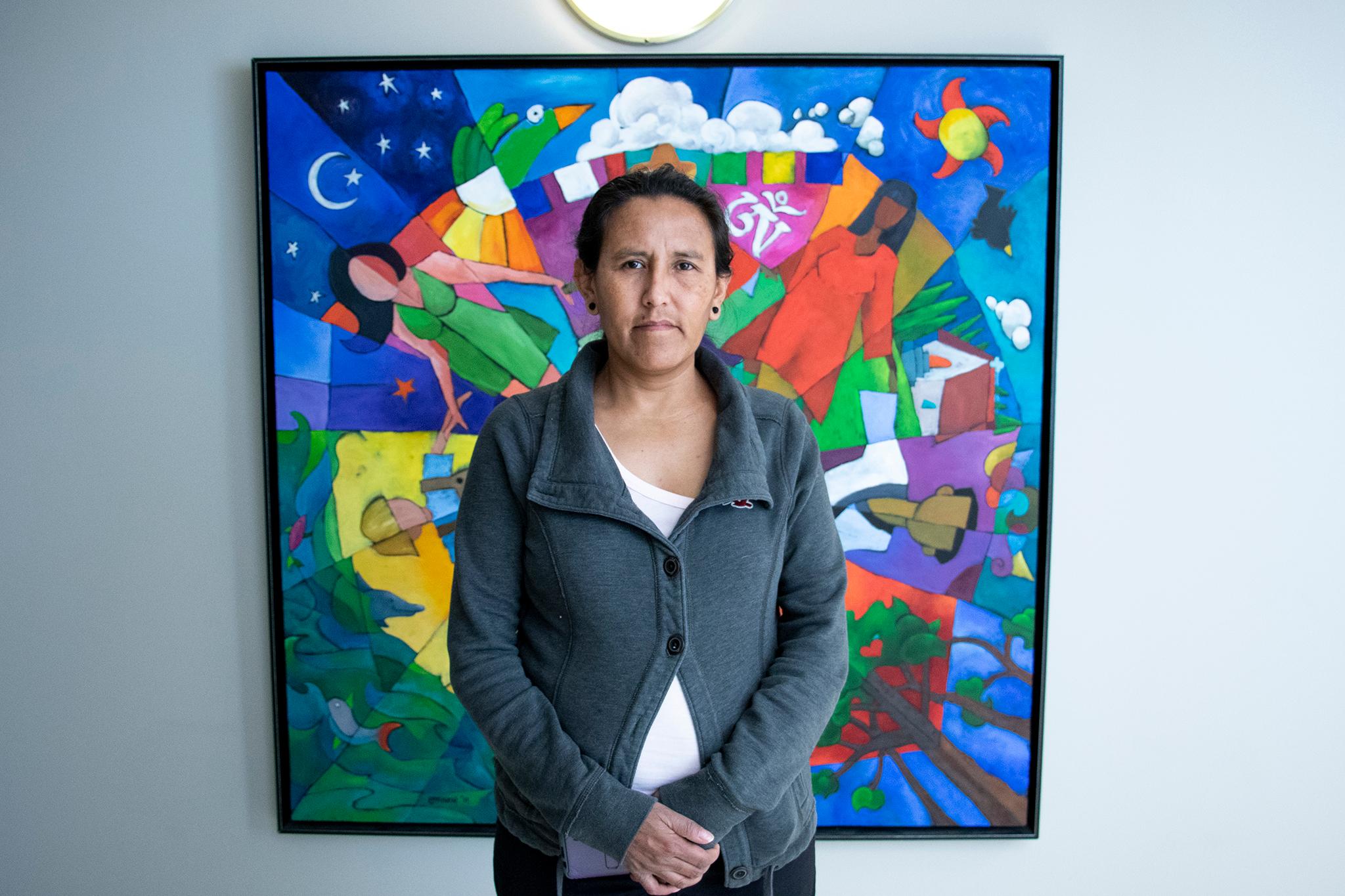

The University of Denver will no longer require students to submit SAT or ACT scores with their applications, the university announced Tuesday.
DU joins more than 1,000 universities making the change, including the University of Chicago and American University. The change will affect students applying for the fall of 2020 and beyond.
“The University of Denver is committed to access, equity and diversity, and this decision strengthens that commitment,” said University of Denver Chancellor Rebecca Chopp in a statement. “A test-optional admission process aligns with our strategic plan, DU IMPACT 2025, by removing barriers for those who may lack standardized test-prep resources but who are exceptional students.”
Students who think their test scores accurately represent their academic abilities can still submit them.
DU officials say academic performance in high school will continue to be the most important factor in the university’s admission decisions. They also said that by making the policy change, DU will now emphasize academic factors that are more predictive of college success.
Todd Rinehart, vice chancellor for enrollment, said the school’s studies mirrored what national studies found – that high school grades are the best predictor of a student’s future college success, and standardized test scores have a low correlation with persistence and graduation.
“If we could remove one barrier on the college admission process, which in this case would be standardized testing, we really believed that we wouldn’t lose any of our predictability on their academic success,” Rinehart said. “We also believe could remove some of the anxiety and stress around the college admissions process.”
Another factor in the university’s decision was the inequities between students that allow an elite few to access expensive test preparation and tutoring.
“Test scores are more correlated with family income and degree attainment of the parents than it is on academic preparation,” Rinehart said. “We realized that the tests aren't reflective of someone's ability to do well at University of Denver. They're more an indication of how many resources some of these families have for students to perform well on these exams.”
While students nationwide can access free online test prep, such as programs offered through Khan Academy, Rinehart said the service does not fill all gaps.
“The students who are doing in-person tutoring and in-person test prep — and those all costs money — they experience greater gains in test scores than the students who are just using Khan Academy,” he said.
Rinehart thinks the vast majority of students will still submit test scores but said that it will make a difference for the 10 percent to 20 percent of students who don’t test well.
“We'd much prefer to look at what they've done in high school over a three- or four-year period and put more weight on the classes they've taken and the grades they've earned and something they've done on a given Saturday,” Rinehart said.
In an era of grade inflation and differences in high schools, some colleges have argued that standardized test scores are one way to measure a student from Denver against a student from Los Angeles. Rinehart counters that resources for students aren’t standardized even if the tests are, and “serious inequities” stem from that.
Officials are increasingly seeing the college admissions process having undue influence on the lives high school students live. Rinehart said a parent once told him his daughter dropped out of a varsity sport she loved to spend those two or three extra hours doing test preparation.
“I’m hoping that — we're just one small player in this equation — but if by removing this barrier and this one stress factor for some students, that maybe they'll actually just enjoy high school again,” Rinehart said. “And they might enjoy all the college admission process a little more than that than they would have.”









